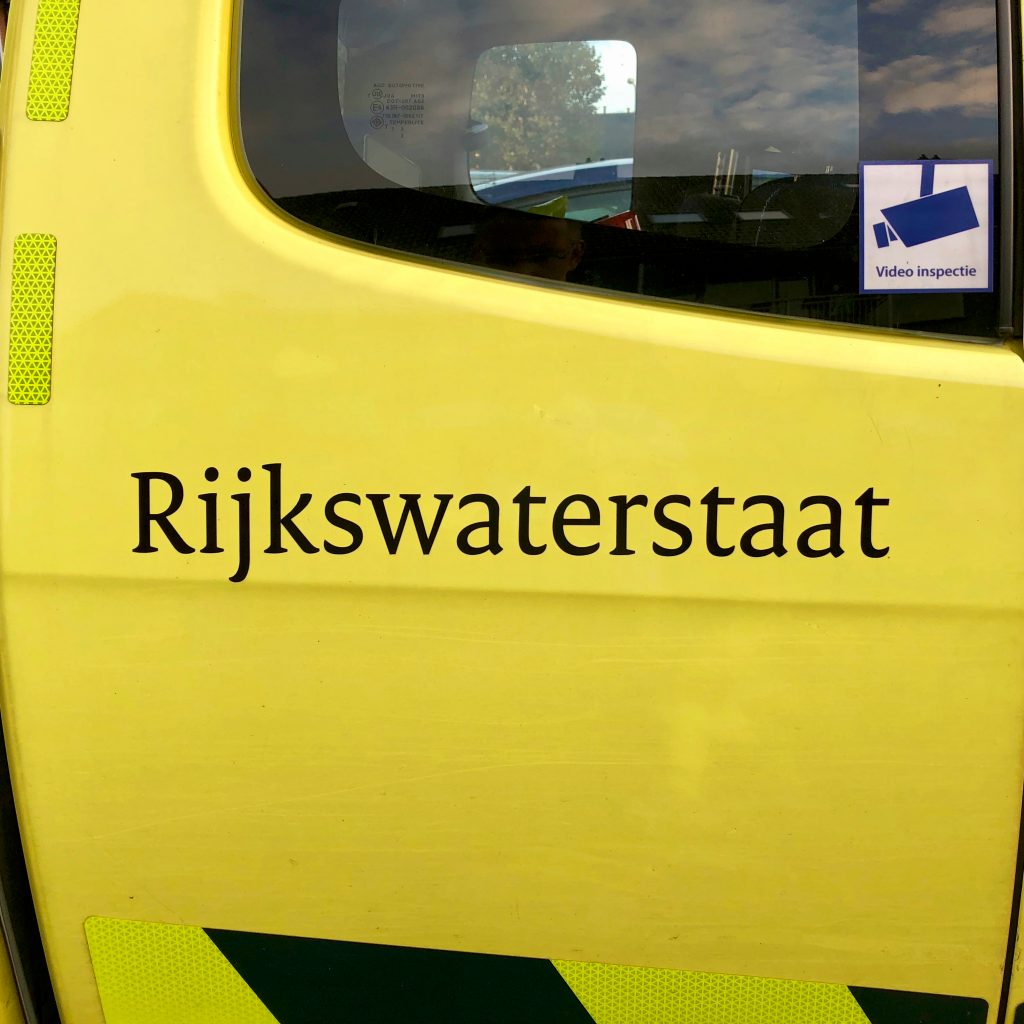Like many other companies, Rijkswaterstaat is working hard to achieve the climate goal of reducing CO2030 emissions by half by 2 and working in a circular manner. Working in a circular way means working without producing waste. Waste is reused, such as reusing concrete for another highway. If we have to extract fewer raw materials, we also have to transport less and there is less CO2 emissions. Rijkswaterstaat's ultimate goal is to be climate neutral by 2050. Research has been carried out for six months into how the maintenance of waterways could be made more sustainable. This research showed that the use of biofuels and other equipment could make a big difference.
I am very proud of the result. I am referring here to the sustainability objective of the new maintenance contracts for (the fairway) in rivers and canals, including groynes, banks, bridges and lock complexes. Beforehand, we thought carefully about what is really important to us in the maintenance contracts, and that is sustainability.
Ronnie Koster, project manager for waterway maintenance in the Eastern Netherlands.
Recently has Rijkswaterstaat concluded sustainable contracts for the maintenance of the navigation channel in canals and rivers in the east of the Netherlands. This maintenance is done with the new ship Gelderland. It is the first hybrid sounding boat that carries out the arrow work electrically and sails to and from the harbor on diesel. The boat has been specially designed to map the bottom of the Upper Rhine and Waal. In addition to various harbours, this ship gauges inlets and the Maas-Waal Canal – the navigation channel of the Upper Rhine and the Waal. For each sailing movement, the Gelderland gauges the water bottom over a width of 35 to 40 metres. Continuous mapping of the seabed in the waterways makes it possible to respond quickly to places where this is necessary. If the data shows that the fairway has sufficient depth in places, then dredging does not need to be carried out, which in turn saves CO2 emissions.
“Me, 2 colleagues and 2 students joined Neerlands Diep, the academy for public construction and infrastructure projects, in 2019. Here we spent six months investigating how we could carry out maintenance more sustainably, especially on waterways and groynes. This research showed that biofuels and other equipment can make a big difference in sustainability”.
Ronnie Koster, project manager for waterway maintenance in the Eastern Netherlands.
Photo above: Rijkswaterstaat/ Karel Cramer Photography.
Also read: KLM starts adding SAF



